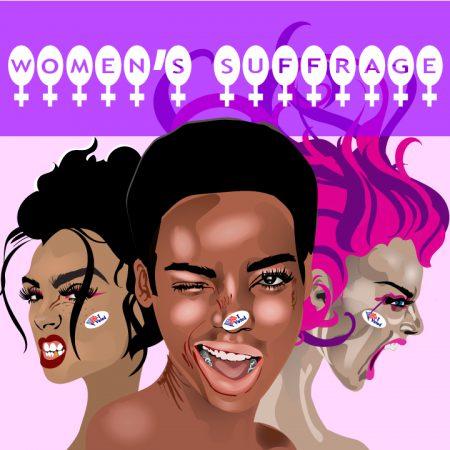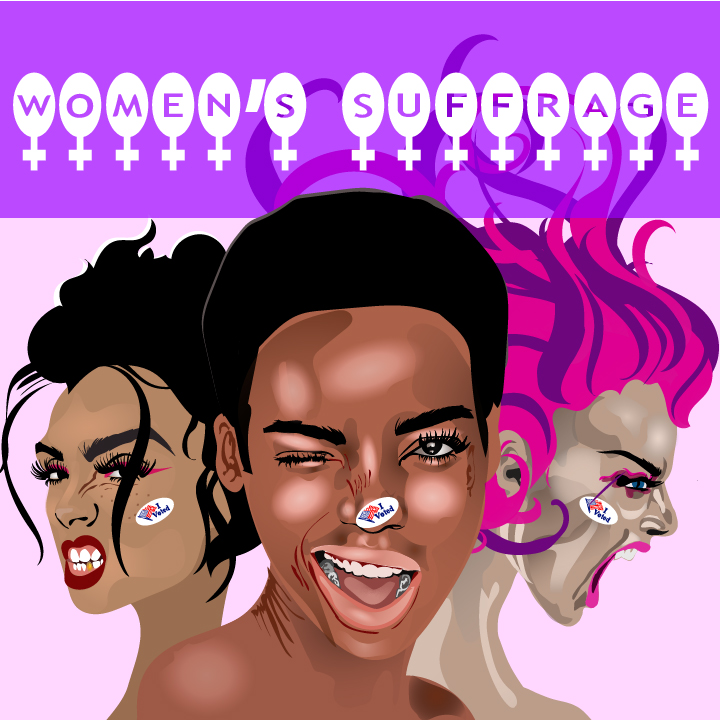
LYDIA REGALADO
campus editor
Every day is a day to celebrate how far women have come in terms of equality. Although last year’s celebrations were curtailed due to the virus, people continue to recognize the women who persisted and paved the path for women’s rights today.
This year, National Women’s History Month’s theme is “Valiant Women of the Vote; Refusing to be silenced,” according to The National Women’s History Alliance.
One hundred years ago, women gained their right to vote when the 19th Amendment was ratified. Before it was passed, old English common law stated, “The very being and legal existence of the woman is suspended during the marriage, or at least is incorporated in that of her husband under whose wing and protection she performs everything.”
In 1977, The 13 Colonies passed laws preventing women from voting. Abigail Adams wrote that laws should not be bestowed on people who had no choice.
Elizabeth Cady Stanton used her education and desires to make her visions a reality. As a regular attendee of anti-slavery conventions, she met other passionate women, and in 1848, she and abolitionist Lucretia Mott held the first Woman’s Rights convention at Seneca Falls, New York. It was there that the “The Declaration of Sentiments” was presented, which called for equal rights and marked the beginning of the women’s rights movement.
Victoria Woodhull was the first woman to run for U.S. president in 1872, where she ran for the Equal Rights Party. Before then, in 1871, she became the first woman to address a congressional committee. She argued the 14th and 15th amendments already granted women the right to vote and Congress should declare a 16th amendment to guarantee these rights.
Susan B. Anthony was at the forefront of fighting for women’s suffrage with Stanton. They collaborated in their efforts towards making the 14th and 15th Amendment voting rights not only apply to Black men, but to women as well-when Anthony was arrested in 1872 for voting, the effects rippled throughout the nation and brought widespread attention to the women’s suffrage movement.
Sojourner Truth, a former slave, pioneered for complete equality. In 1851, Truth spoke on suffrage in her “Ain’t I A Woman?” speech where she confronted racial and gender-based injustice. She believed suffrage for Black men and women should be of equal importance and one should not occur before the other. She pioneered through the years and continued to take action against racial and gender-based injustice.
Although women have come a long way, the work is never done. A few core issues women face today include reproductive rights, racial justice and wage equality. Let’s celebrate the women of the past and present and support our young women of the future as we continue the journey towards equality.

